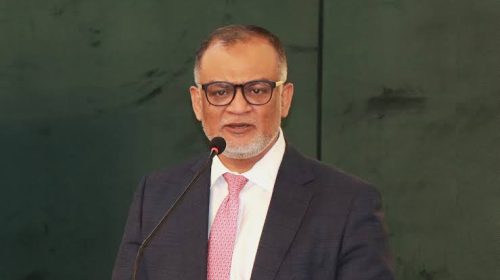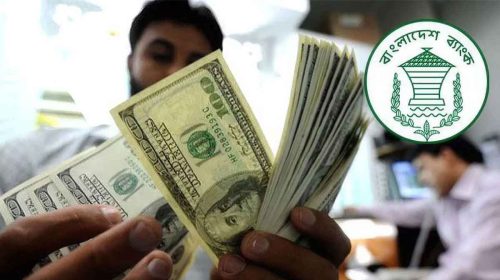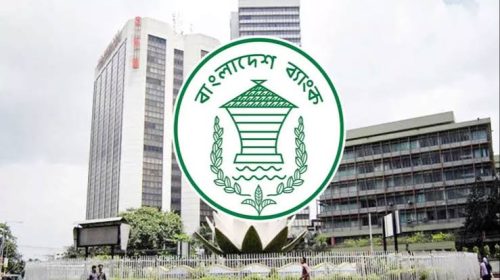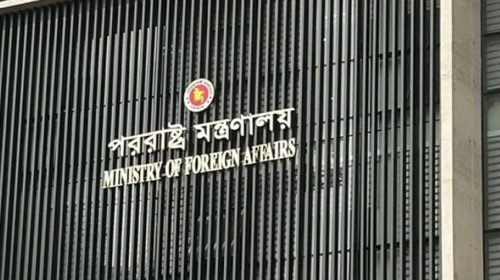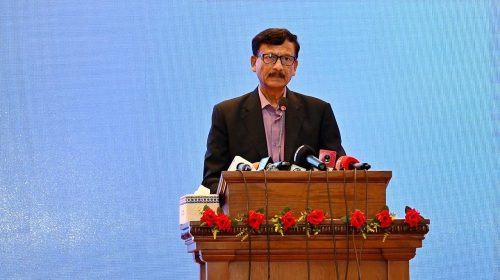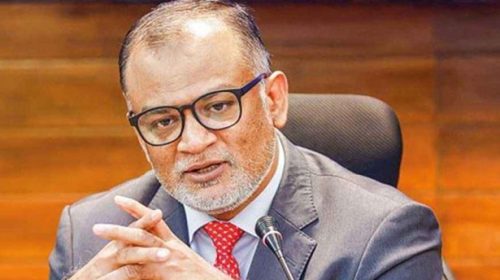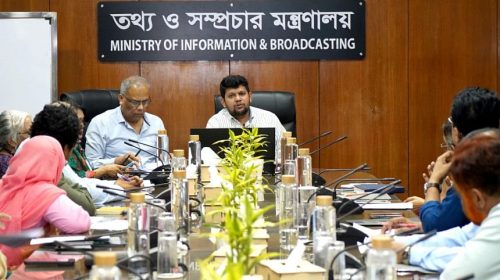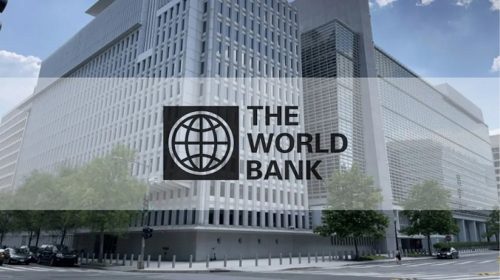Birendra Kumar Sorkar, a final-year student of the Department of Geology at Dhaka University (DU), was stabbed to death on September 27, 1977, at Jagannath Hall. It was alleged that his classmate, Ranjit Majumder, murdered him over a dispute regarding a romantic relationship with a female student. However, even 47 years later, the case remains unresolved, and the accused has not been arrested.
This is not the only murder in the university’s history. Since the country’s independence, more than 60 murders have occurred at Dhaka University, with many still awaiting justice. After each incident, the university authorities set up investigation committees and some suspects are arrested, but due to the lack of effective legal follow-up, most of these cases remain unsolved.
Experts in criminal science argue that the culture of impunity is one of the main reasons for the rise in crimes like murder. Professor Shahriya Afrin, Chairperson of the Department of Criminology at DU, says, “Investigation committees are always formed, but nothing substantial is done afterward. People forget, and the cases fade into oblivion without any resolution.”
Recent Murder: Shahriyar Alam Samya
A recent high-profile case is the murder of Shahriyar Alam Samya, a student of the 2018-19 batch and a leader of the Chhatra Dal. On the night of May 2025, he was stabbed to death at Suhrawardy Udyan, near the university campus. This murder has sparked widespread protests, and calls for the resignation of the university’s Vice-Chancellor and Proctor have emerged. Police have arrested three suspects, but many remain skeptical about whether this case will see justice, given the history of unresolved murders.
The Toffajjal Hossain Murder: Another Example of Impunity
On September 18, 2018, Toffajjal Hossain was beaten to death at Fazlul Haque Muslim Hall under suspicion of theft. Even though the police submitted a charge sheet against 21 students, many of the accused are still on the run. Despite CCTV footage identifying several students involved, no significant action has been taken, and some of the suspects can still be seen walking freely on campus. Students argue that without justice, similar incidents will continue.
A Long History of Impunity
The history of murders at Dhaka University is extensive, with political conflicts, internal party struggles, drug dealings, and extortion often cited as motives. Between 1974 and 2025, more than 60 murders have taken place on the campus. Here are some notable incidents:
-
April 4, 1974: Seven students were shot dead at Haji Mohammad Mohsin Hall in a widely publicized incident.
-
1990: Dr. Shamsul Alam Khan Milon was killed by armed assailants during the anti-autocratic movement.
-
1992: Student Union leader Moin Hossain Raju was murdered.
Despite these high-profile cases, justice has often been delayed or denied, with many perpetrators escaping conviction or punishment.
University Administration’s Response
After the recent murder of Shahriyar Alam Samya, the Dhaka University administration has taken some measures. Vice-Chancellor Dr. Niaz Ahmad Khan has announced plans to build walls around the gate of Suhrawardy Udyan and install a police booth in the area. Additionally, regular security raids and improvements to the campus’ lighting and CCTV systems are planned to ensure student safety.
Student Leaders Speak Out
-
Bin Yamin Molla, President of Bangladesh Student Rights Council, said, “As long as these murders go unpunished, the perpetrators will gain more confidence. Political influence often delays the judicial process, and this encourages further violence.”
-
Rakibul Islam Rakib, President of the Chhatra Dal, commented, “The university administration cannot avoid responsibility for these murders. We believe they too are at fault in the latest murder of Shahriyar Alam Samya.”
-
SM Farhad, President of the DU branch of Chhatra Shibir, said, “While we have witnessed judicial delays in the past, in the new Bangladesh, such impunity should not be allowed. If it happens again, Chhatra Shibir will take a strong stand.”
-
Mojammel Haque, Convenor of the DU branch of the Socialist Students’ Front, stated, “The university’s failure to deliver justice after past murders has created an unsafe environment for students, both on and off-campus.”
The Proctor of Dhaka University, Dr. Saifuddin Ahmed, said, “We are doing everything we can to ensure student safety and to bring the perpetrators to justice. We will make sure the past failures are not repeated.”
Dhaka University, one of the most prestigious academic institutions in Bangladesh, has witnessed a troubling pattern of unresolved murders. The culture of impunity and delayed justice continues to allow criminals to roam free, which poses a serious threat to the safety and well-being of students. The time has come for the university administration and the judicial system to take firm action and ensure that no more innocent lives are lost without accountability.



